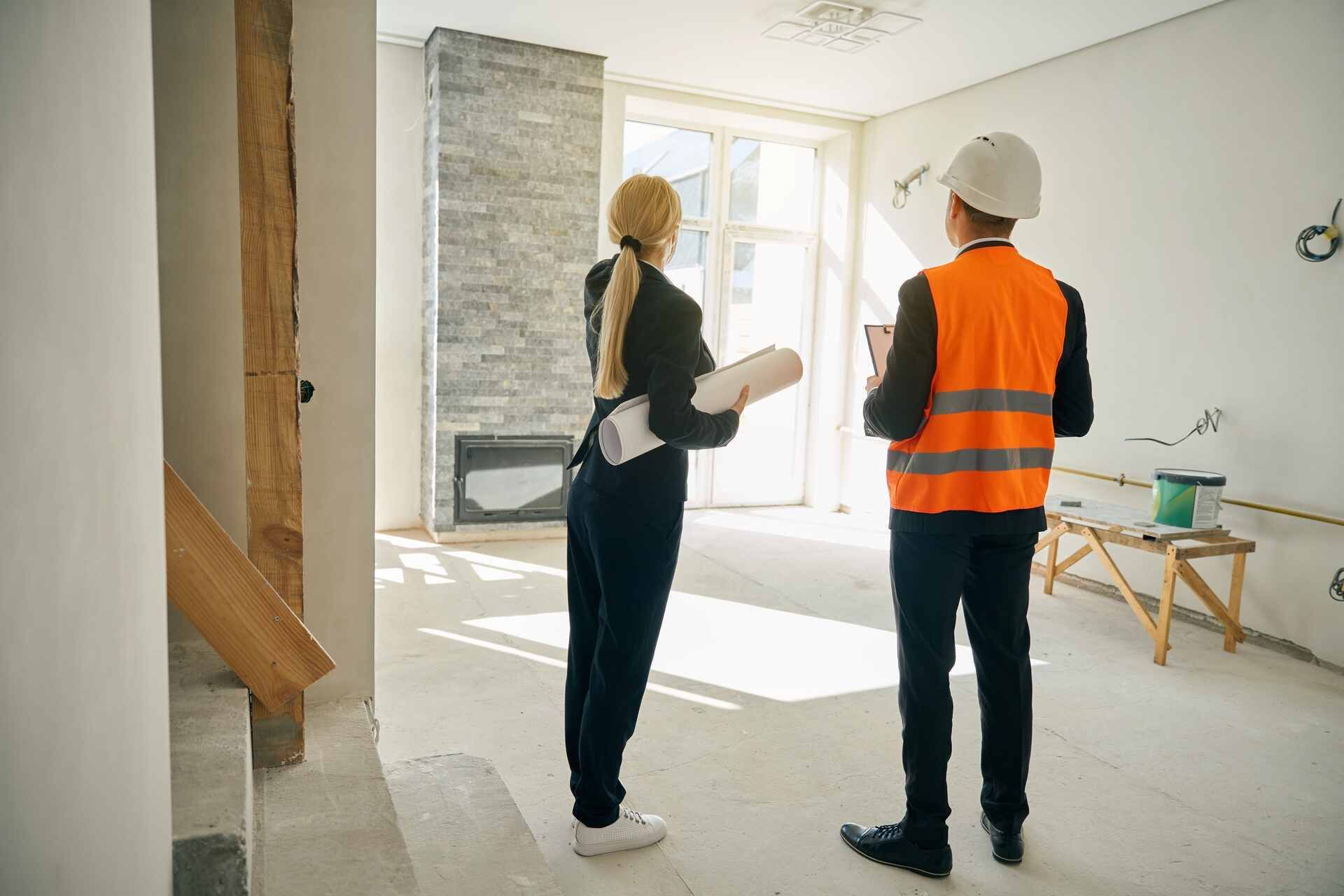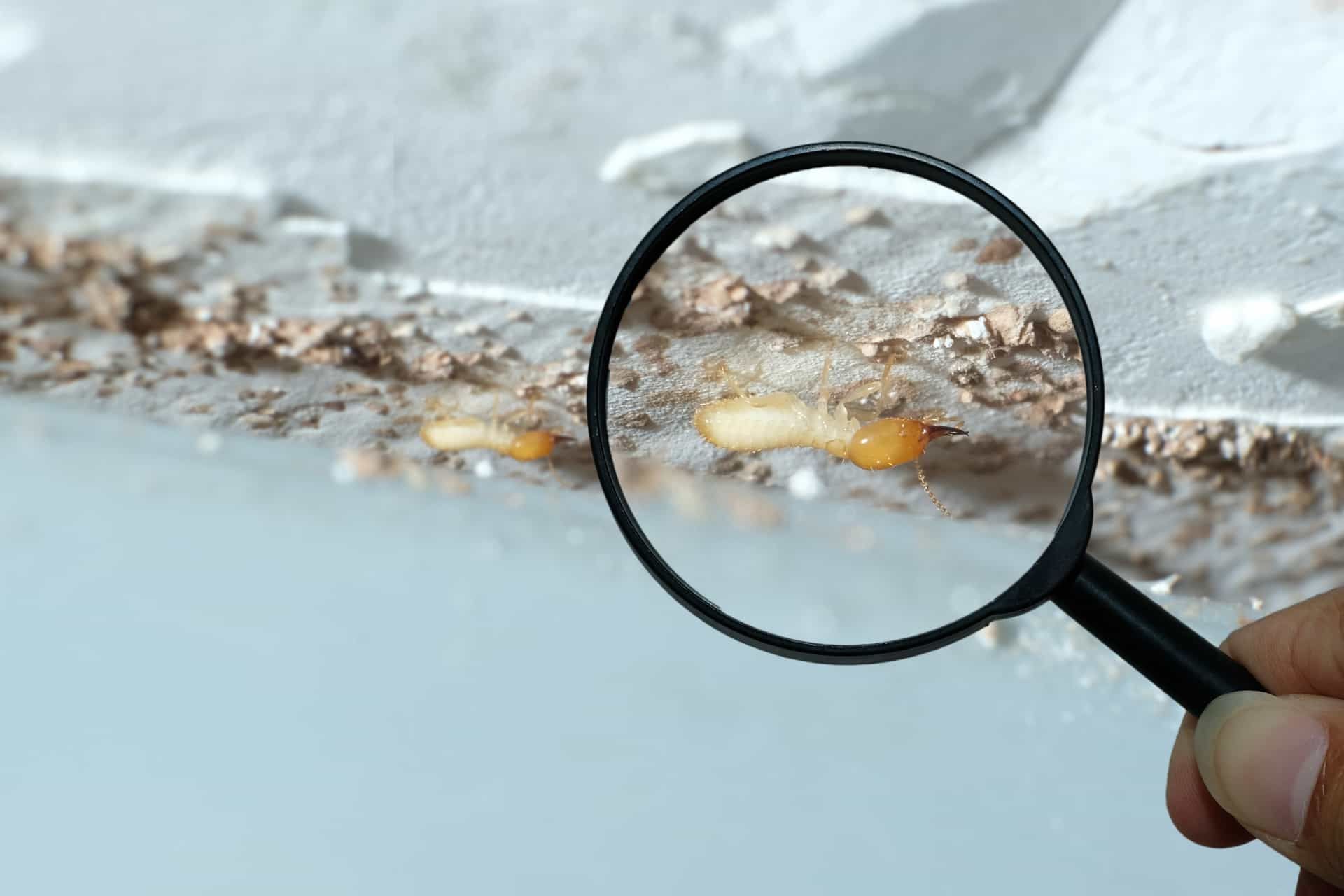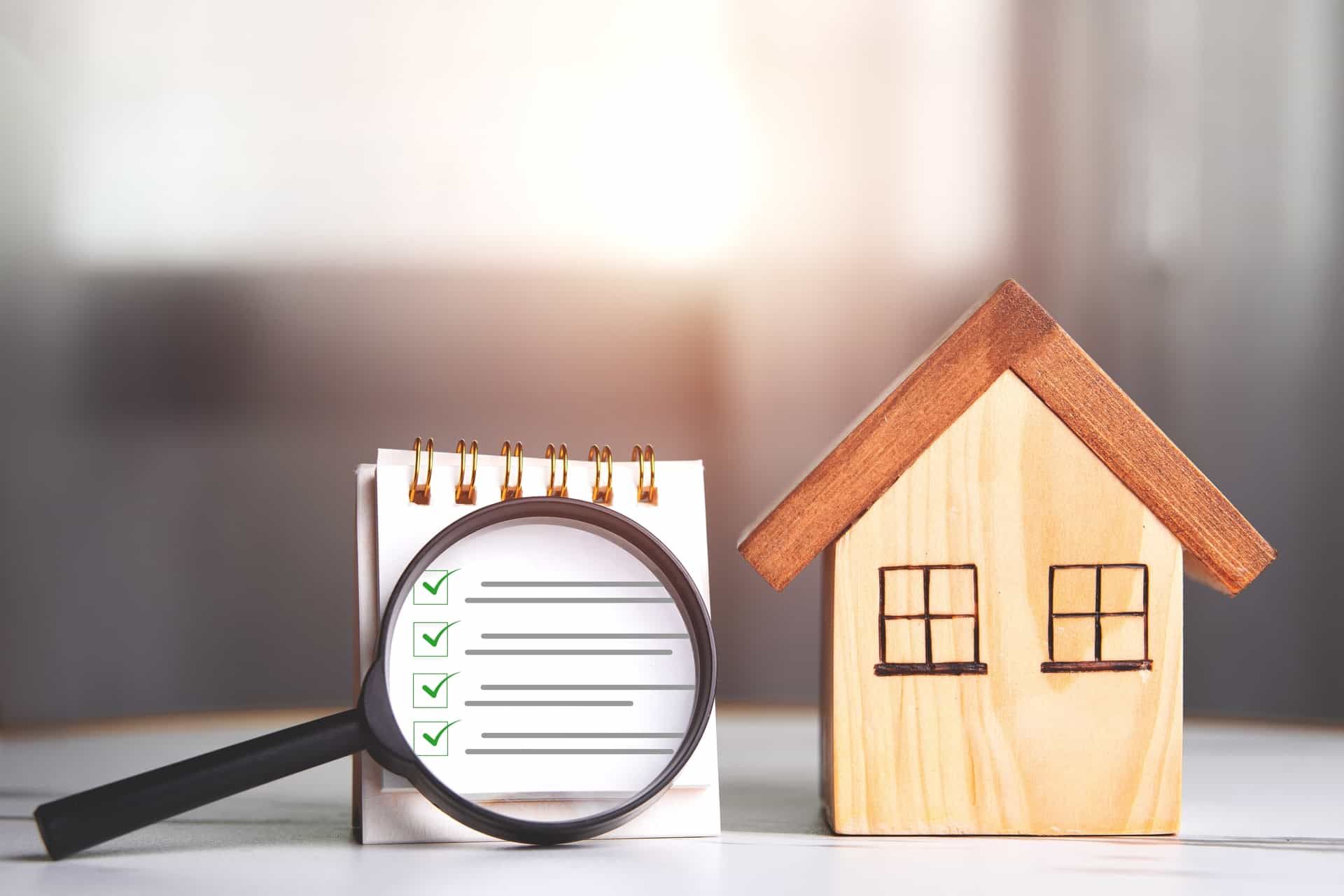Navigating Commercial Property Inspections in Maryland and Virginia
Conducting property inspections is essential for those involved in buying, selling, or managing real estate in Maryland and Virginia.
This detailed handbook aims to show why commercial property inspections are significant and how to handle them efficiently in Maryland and Virginia.
Significance of Commercial Property Inspections
Commercial property inspections play a crucial role in real estate by assessing a property's state and pinpointing potential issues affecting its value and safety. Some key advantages include:
- Spotting Defects: Inspections reveal electrical, plumbing, and HVAC problems requiring attention.
- Negotiation Tool: Inspection findings can be leveraged to negotiate repairs or price adjustments with the seller.
- Maintenance Planning: They assist property owners in planning future maintenance and repairs to maintain the property's condition.
Understanding the Inspection Process
Navigating commercial property inspections involves several steps, from selecting a qualified inspector to understanding the final report. Here's a detailed breakdown:
1. Choosing a Qualified Inspector
- Experience and Credentials: Ensure they have experience in commercial property inspections and hold relevant certifications.
- Reputation: Check reviews and ask for references to gauge their reliability and thoroughness.
2. Preparing for the Inspection
Before the inspection, gather all necessary documents, including previous inspection reports, maintenance records, and any plans for recent renovations. Ensure the property is accessible, with all areas unlocked and ready for inspection.
3. During the Inspection
The inspector will conduct a comprehensive examination of the property, focusing on critical areas such as:
- Structural Integrity: Checking the foundation, walls, roof, and overall structural stability.
- Electrical Systems: Ensuring all electrical systems are functioning properly.
- Plumbing: Inspecting pipes, fixtures, and drainage systems for leaks or issues.
- HVAC Systems: Evaluating heating, ventilation, and air conditioning systems for efficiency and condition.
- Safety Features: Assessing fire alarms, sprinkler systems, and other safety measures.
4. Reviewing the Inspection Report
After the inspection, you'll receive a detailed report outlining the inspector's findings. Key components of the report include:
- Summary of Major Issues: Highlighting any critical problems that need immediate attention.
- Detailed Findings: Provide an in-depth look at each area inspected, including photos and descriptions of any deficiencies.
- Recommendations: Suggest repairs or further evaluations by specialists if necessary.
Critical Considerations in Maryland and Virginia
When navigating
commercial property inspections in Maryland and Virginia, there are specific considerations to keep in mind:
Maryland
- Environmental Concerns: Maryland's proximity to water bodies means inspections often include checks for flood risk and water damage.
- Historic Properties: If dealing with historic buildings, be aware of additional regulations and potential preservation requirements.
Virginia
- Seismic Activity: Parts of Virginia are prone to minor seismic activity, so that structural inspections may include checks for earthquake resilience.
- Urban vs. Rural: Inspections in urban areas like Arlington may differ from those in rural regions. Ensure your inspector understands the unique challenges of the property's location.
Common Issues Found During Inspections
Awareness of common issues can help you better understand the
inspection report and plan accordingly. Some frequent problems include:
- Roof Damage: Leaks, missing shingles, or structural issues in the roof.
- Electrical Hazards: Outdated wiring, overloaded circuits.
- Plumbing Problems: Leaking pipes, poor water pressure, or inefficient drainage systems.
- Foundation Cracks: Cracks in the foundation that could indicate structural instability.
- HVAC Inefficiencies: Older systems that are not energy-efficient or need frequent repairs.
Post-Inspection Steps
After receiving the inspection report, follow these steps to deal with any concerns and proceed with your property transaction:
1. Carefully go through the report
Take your time to read and comprehend the inspection report, highlighting essential suggestions. If you need clarification, jot down any questions for the inspector.
2. Seek advice from experts
Consider contacting professionals like engineers, electricians, or HVAC specialists for in-depth evaluations and cost estimates on issues noted in the report.
3. Negotiate with the seller
Utilize the inspection report during negotiations with the seller. You can ask for repairs, a price reduction, or a credit towards closing expenses to resolve the identified concerns.
4. Prepare for repairs and maintenance
Develop a plan for addressing repairs and ongoing maintenance tasks. Prioritize matters and allocate funds for maintenance to ensure the property remains in top-notch condition.
Conclusion
When navigating property inspections in
Maryland and
Virginia, being well-prepared and paying attention to the details is crucial. Ensuring you choose a professional inspector, understanding how the inspection process works, and addressing any issues are steps to ensuring a smooth transaction and a successful investment in commercial real estate.
Here at
ProTec Inspections, we offer commercial property inspection services customized to suit the requirements of properties in Maryland and Virginia. Our team of inspectors delivers reports and expert advice to assist you in making informed decisions. Contact us today to arrange your inspection and protect your investment in property.
Disclaimer: The information on this website and blog is for general informational purposes only and is not professional advice. We make no guarantees of accuracy or completeness. We disclaim all liability for errors, omissions, or reliance on this content. Always consult a qualified professional for specific guidance.





